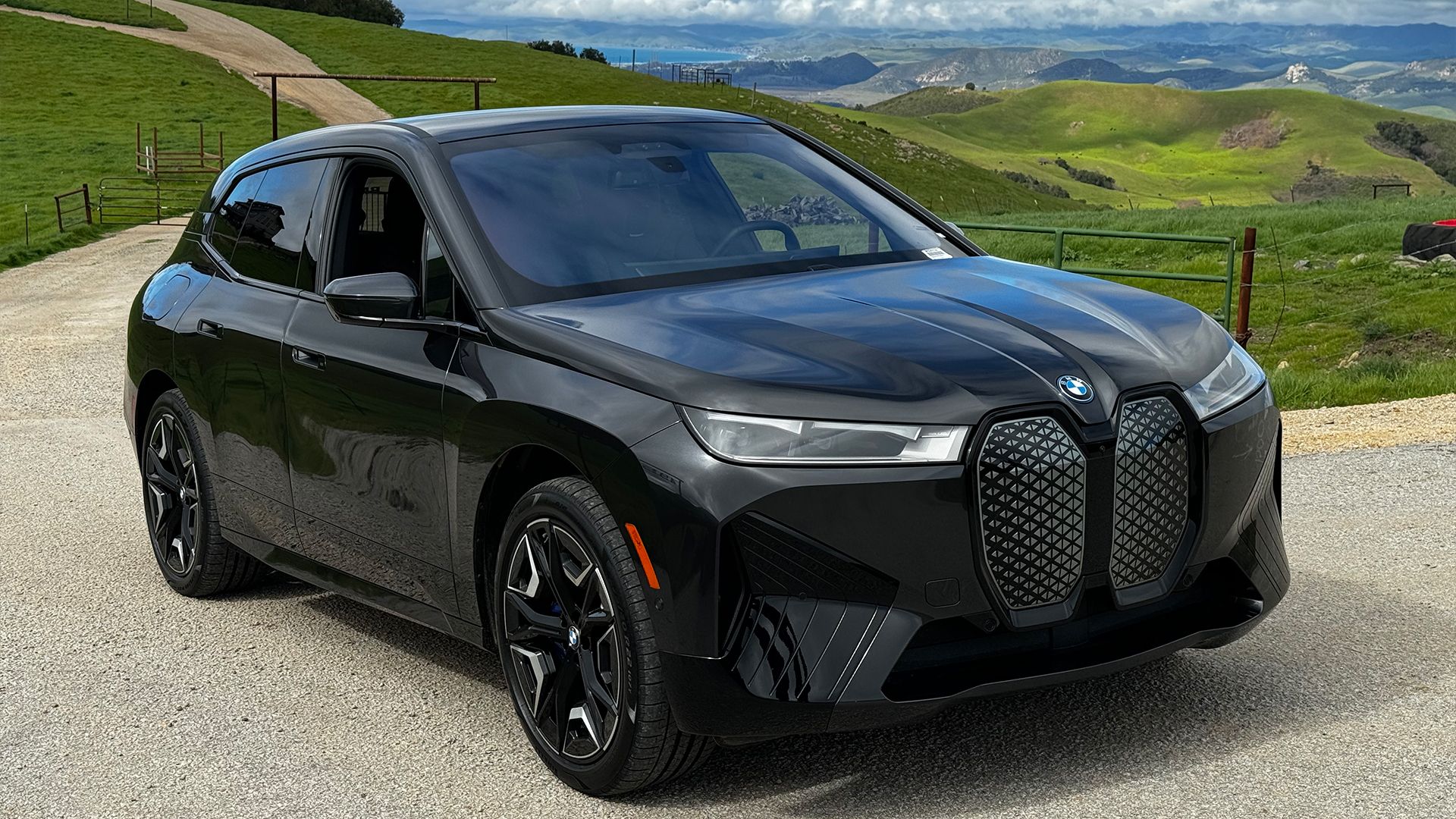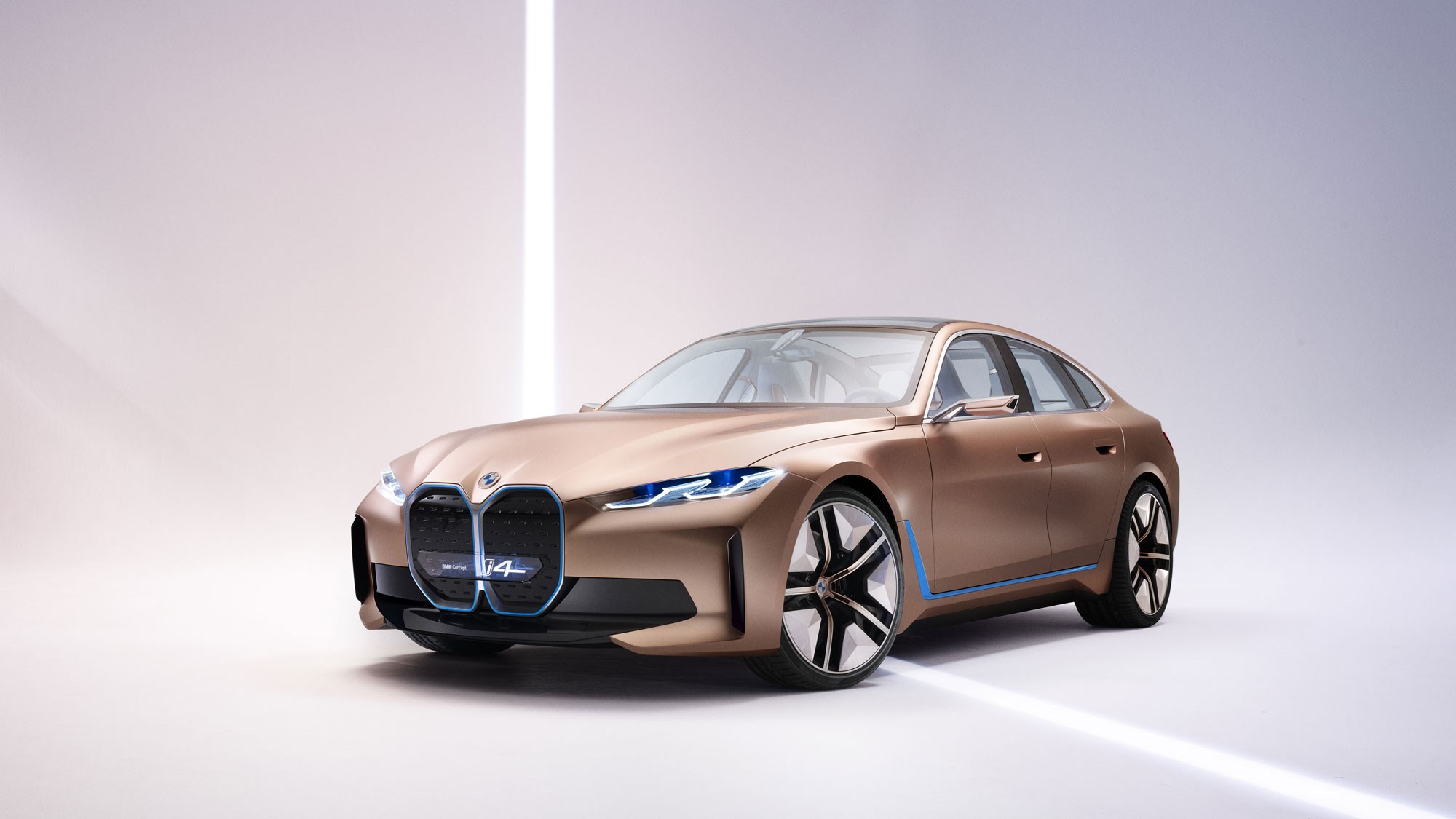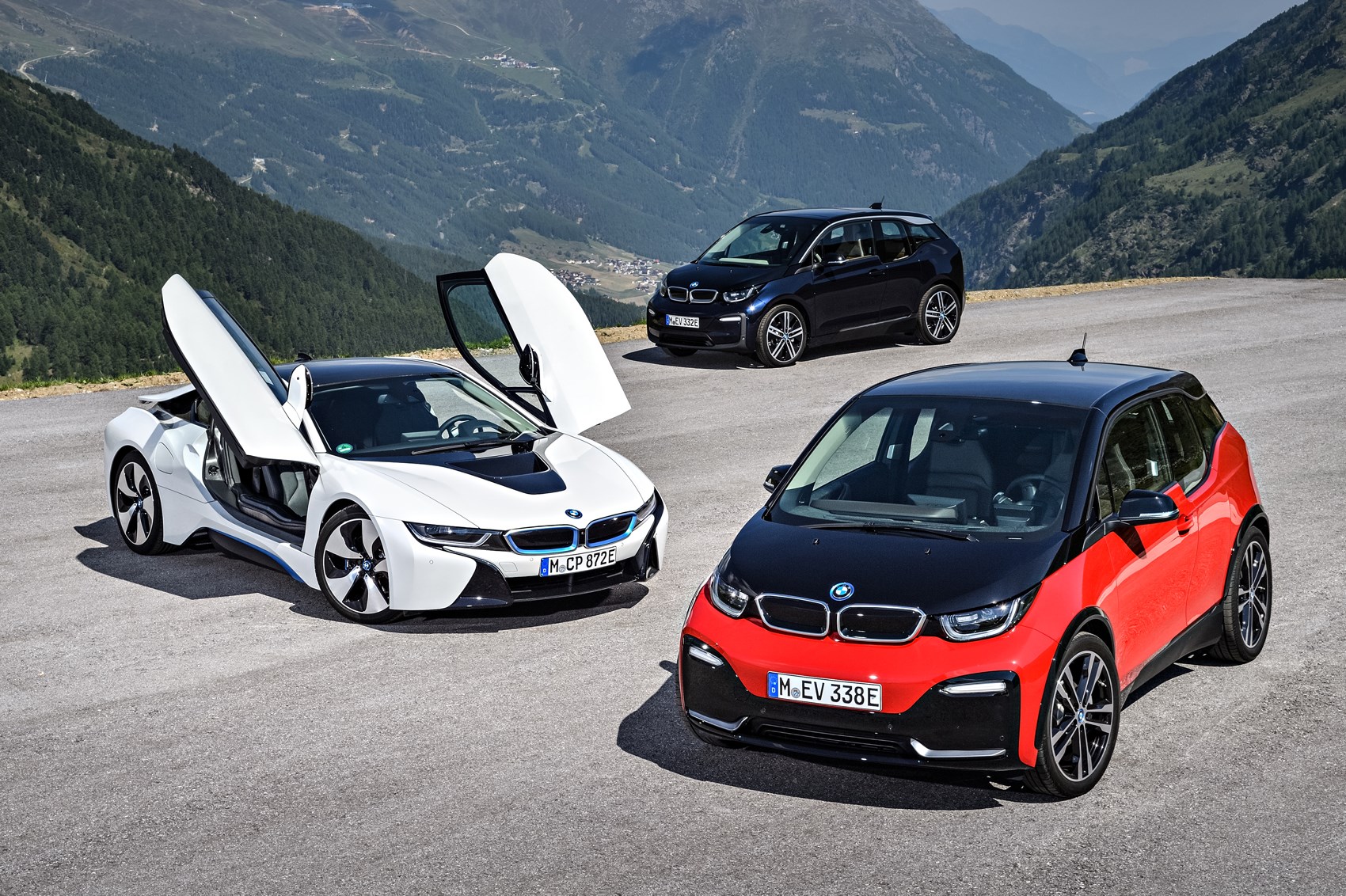“`html
BMW Electric car Prices: A Comprehensive Guide
BMW Electric Car Prices: A Comprehensive Guide
The automotive landscape is undergoing a radical shift, with electric vehicles (EVs) leading the charge. BMW, a marque synonymous with performance and luxury, is heavily invested in this electric revolution. This article delves into the intricacies of BMW’s electric car pricing, exploring the factors that influence their cost, the current model range, and what the future holds for BMW’s electric lineup.
Understanding BMW’s Electric Vehicle Strategy

BMW’s “Power of Choice” strategy aims to offer customers a diverse range of powertrains, including internal combustion engines (ICE), plug-in hybrids (PHEVs), and battery electric vehicles (BEVs). This approach acknowledges the varied needs and preferences of consumers globally. The company’s electric vehicle sub-brand, BMW i, is at the forefront of this transition, showcasing cutting-edge technology and design.
Factors Influencing BMW Electric Car Prices
Several factors contribute to the price of a BMW electric car. These include:
Battery Technology and Capacity
The battery is the most expensive component of an EV. Its capacity, measured in kilowatt-hours (kWh), directly impacts the vehicle’s range. Larger battery packs offer greater range but come at a higher cost. BMW utilizes advanced lithium-ion battery technology, constantly improving energy density and reducing costs. The battery’s chemistry, thermal management system, and overall lifespan also play a role in pricing.
Motor Performance and Drivetrain
The electric motor’s power output and the drivetrain configuration (e.g., rear-wheel drive, all-wheel drive) significantly affect performance and price. Dual-motor setups, providing all-wheel drive, are typically more expensive than single-motor configurations. BMW’s electric motors are known for their efficiency and responsiveness, contributing to the brand’s reputation for sporty driving dynamics.
Vehicle Size and Segment

Larger vehicles, such as SUVs and luxury sedans, generally command higher prices than smaller hatchbacks or compact models. BMW’s electric lineup includes vehicles across various segments, each with its own pricing tier. The size of the vehicle affects the amount of materials, battery capacity, and technology required, which in turn influences the cost.
Technology and Features
BMW’s electric cars are equipped with a plethora of advanced technologies, including sophisticated infotainment systems, driver-assistance features, and connectivity options. These features enhance the driving experience but also add to the vehicle’s price. Features such as head-up displays, adaptive cruise control, and advanced navigation systems are standard or optional on many BMW EVs.
Manufacturing and Production Costs
The costs associated with manufacturing and producing electric vehicles, including raw materials, labor, and research and development, are reflected in the final price. BMW’s commitment to quality and innovation necessitates significant investments in these areas. The global supply chain for batteries and other components also plays a role in pricing fluctuations.
Government Incentives and Subsidies
Government incentives, such as tax credits and rebates, can significantly reduce the effective price of an electric vehicle. These incentives vary by region and country, impacting the affordability of BMW EVs in different markets. BMW keeps track of these incentives to assist customers.
Market Demand and Competition

Market demand and competition from other automakers influence pricing strategies. Strong demand can lead to higher prices, while increased competition may result in price reductions or promotional offers. BMW faces competition from established luxury brands and emerging EV manufacturers, leading to dynamic pricing strategies.
BMW’s Current Electric Vehicle Lineup and Prices
BMW’s current electric vehicle lineup includes several models, each catering to different customer needs and budgets. Here’s a look at some of the key models and their approximate price ranges:
BMW iX
The BMW iX is a flagship electric SUV, showcasing BMW’s latest technology and design. It offers a spacious interior, long-range capabilities, and impressive performance. The iX comes in various configurations, with prices ranging from approximately $85,000 to $110,000, depending on the model and options.
BMW i4
The BMW i4 is an electric Gran Coupé, combining sporty driving dynamics with elegant design. It offers a balance of performance, range, and practicality. The i4 is available in different variants, with prices ranging from approximately $55,000 to $70,000.
BMW i7
The BMW i7 is an electric luxury sedan, offering a premium driving experience with cutting-edge technology and comfort. It’s designed to compete with other high-end electric sedans. The i7 prices begin around $120,000 and can reach higher with added options.
BMW iX1
The BMW iX1 is a compact electric SUV, offering a blend of versatility, efficiency, and modern design. It’s aimed at customers seeking a smaller, more affordable electric SUV. The iX1 pricing starts at approximately $50,000, depending on the region and specifications.
BMW i5
The BMW i5 is an electric executive sedan, bridging the gap between performance and luxury. It offers a refined driving experience with advanced technology and comfort. The i5 pricing starts around $67,000.
Future BMW Electric Vehicle Models and Price Projections
BMW is committed to expanding its electric vehicle lineup, with plans to introduce several new models in the coming years. These models will likely incorporate advancements in battery technology, motor performance, and connectivity. As battery costs continue to decline and production scales up, we can expect to see more affordable BMW electric vehicles.
Neue Klasse Platform
BMW’s new dedicated electric platform, Neue Klasse, will underpin future EVs from 2025 onwards. This platform is designed to improve efficiency, reduce costs, and enhance performance. It’s expected to lead to more competitive pricing and a wider range of electric models.
Expanding Model Range
BMW is expected to introduce electric versions of its popular models, such as the 3 Series and X3, further expanding its electric lineup. These models will likely be offered at competitive prices, catering to a broader customer base.
Advancements in Battery Technology
Ongoing research and development efforts are focused on improving battery energy density, reducing charging times, and extending battery lifespan. These advancements will contribute to more affordable and capable electric vehicles. Solid-state batteries, for example, are a promising technology that could revolutionize EV performance and pricing.
Increased Production Capacity
As BMW increases its production capacity for electric vehicles, economies of scale will help reduce manufacturing costs. This will lead to more competitive pricing and greater availability of BMW EVs.
Conclusion
BMW’s electric vehicle pricing reflects the brand’s commitment to innovation, performance, and luxury. While BMW EVs may command a premium compared to some mainstream electric cars, they offer a unique blend of technology, driving dynamics, and premium features. As battery technology improves and production scales up, we can expect to see more affordable BMW electric vehicles in the future. With the “Power of Choice” strategy and the upcoming Neue Klasse platform, BMW is well-positioned to lead the electric revolution and offer customers a compelling range of electric vehicles.
“`



